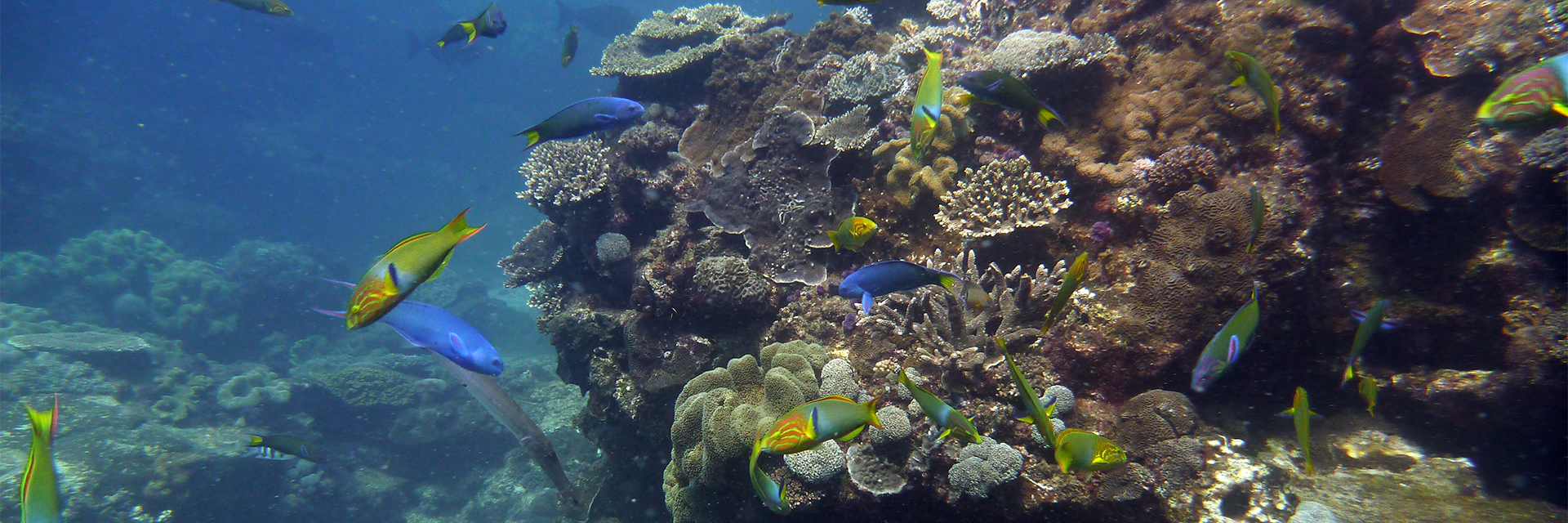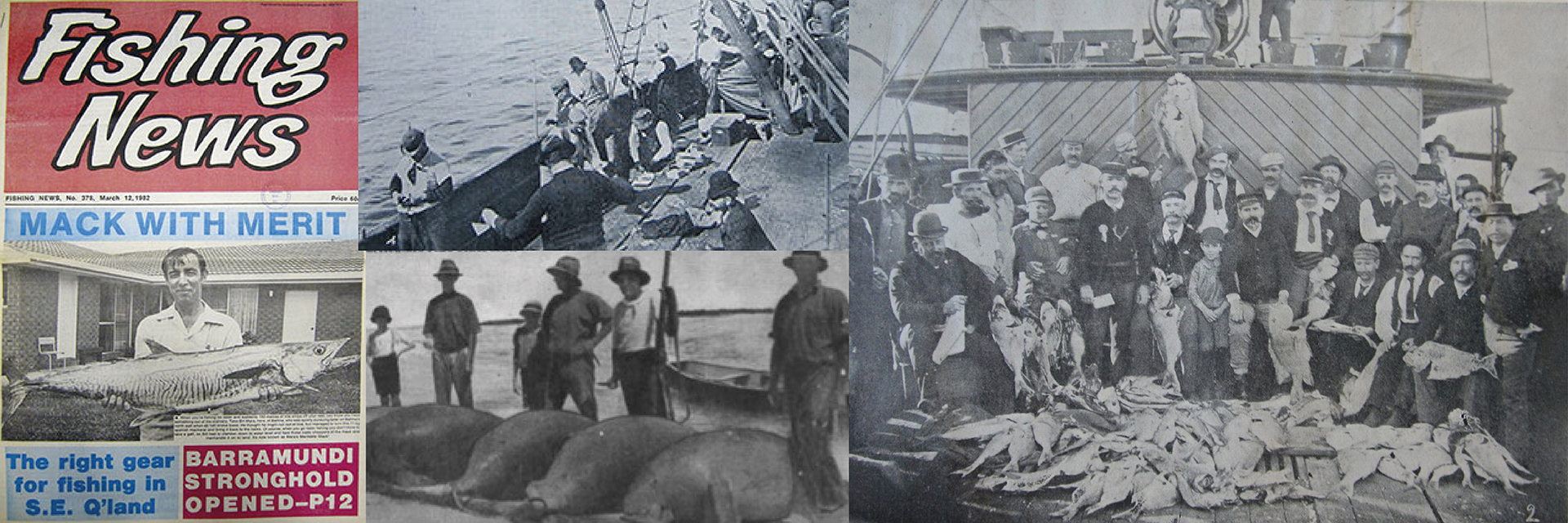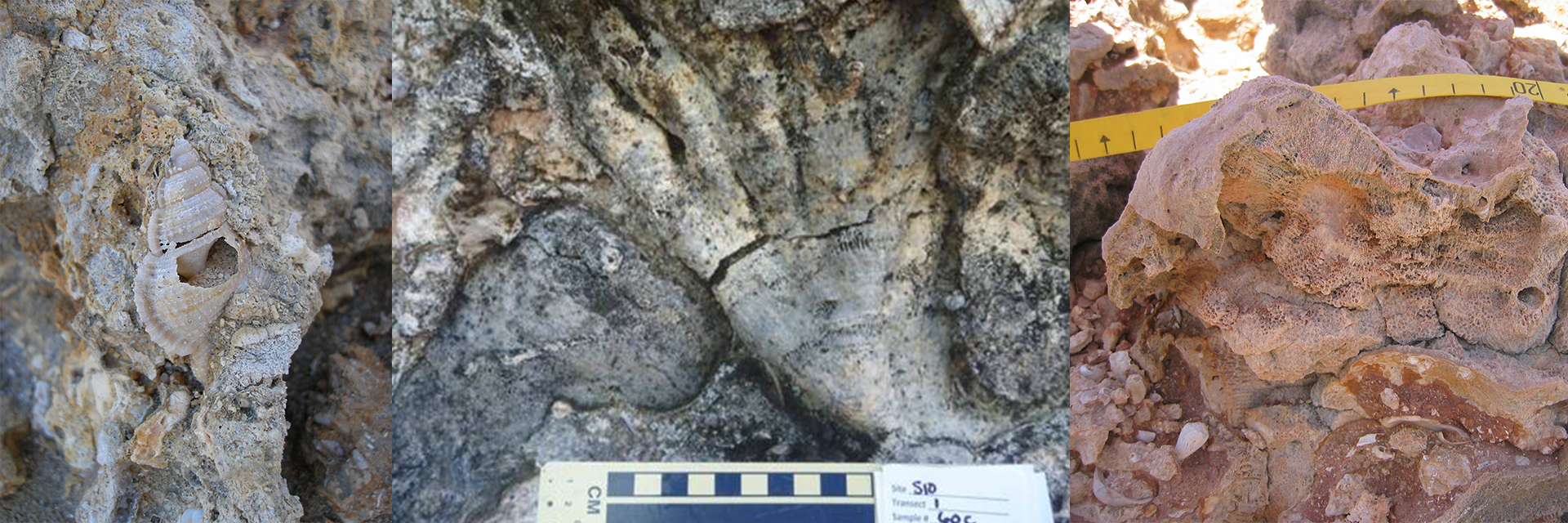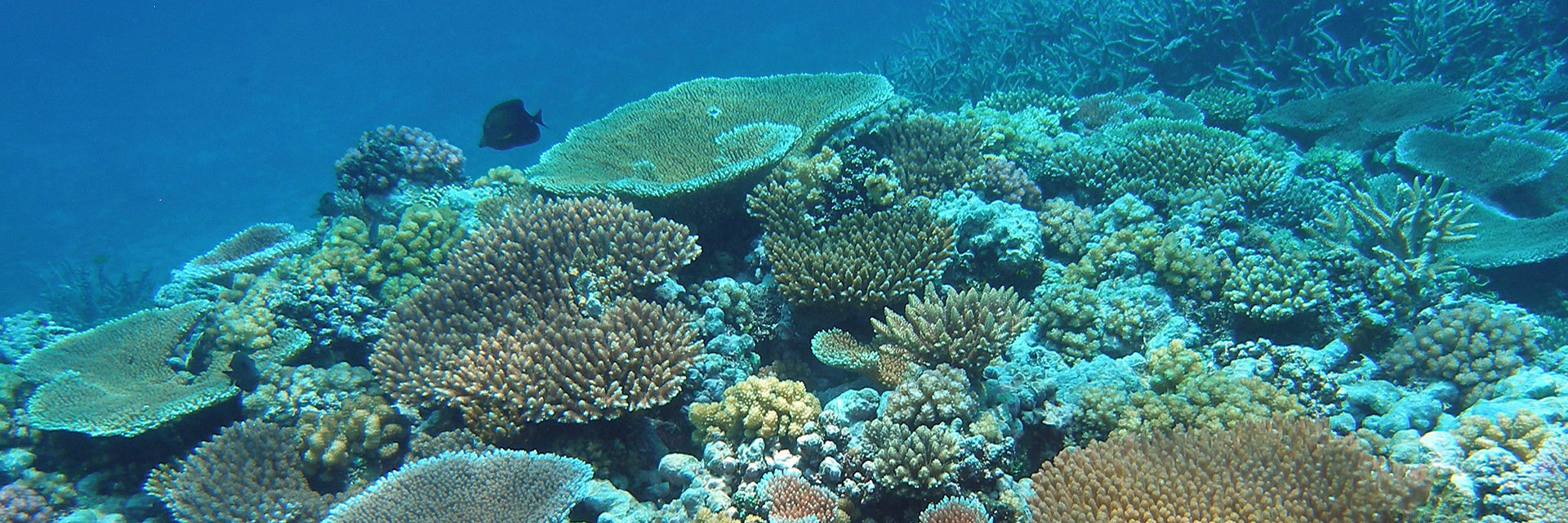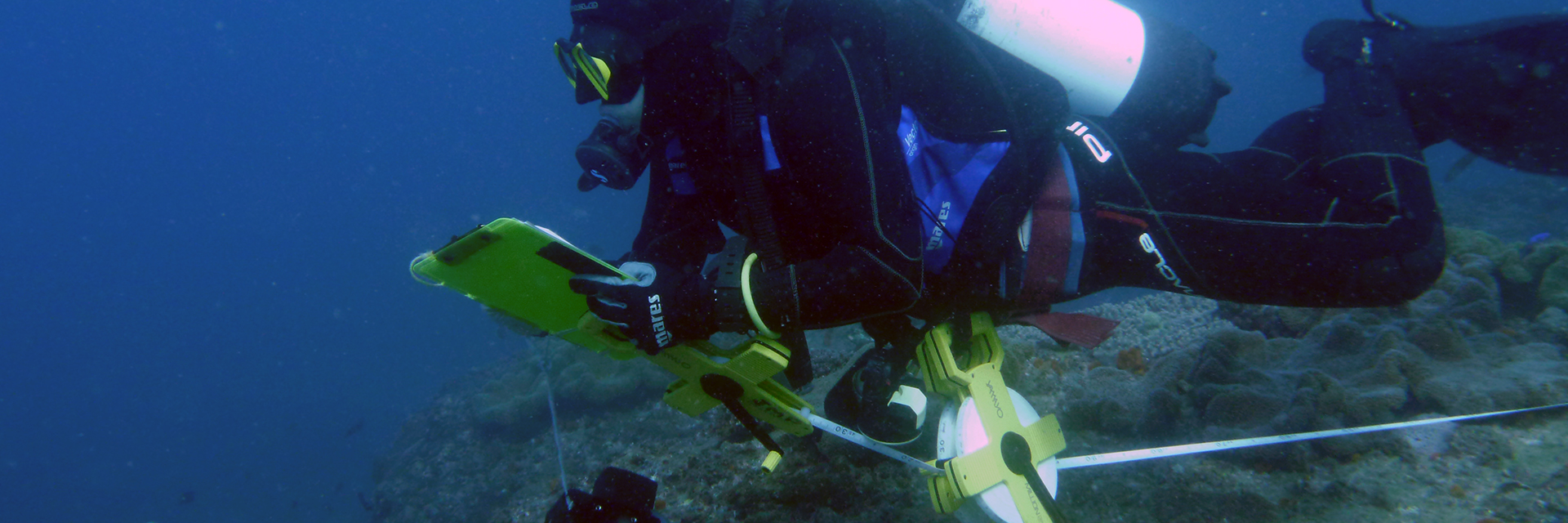Drivers and consequences of novel marine ecological communities
Marine ecological communities are exhibiting rapid change in response to human actions. This project aims to apply a newly developed statistical framework and expects to uncover historical patterns in the emergence and persistence of new community states of two sets of marine taxa: reef-building coral, and marine plankton. Understanding how often marine communities shifted into these novel states in the absence of human activities, as well as the relative contribution of environmental and biological factors, will provide significant foundational knowledge. In addition, this project aims to provide flow-on benefits to environmental management to ensure ecosystems continue to provide beneficial services, which include fisheries and tourism.
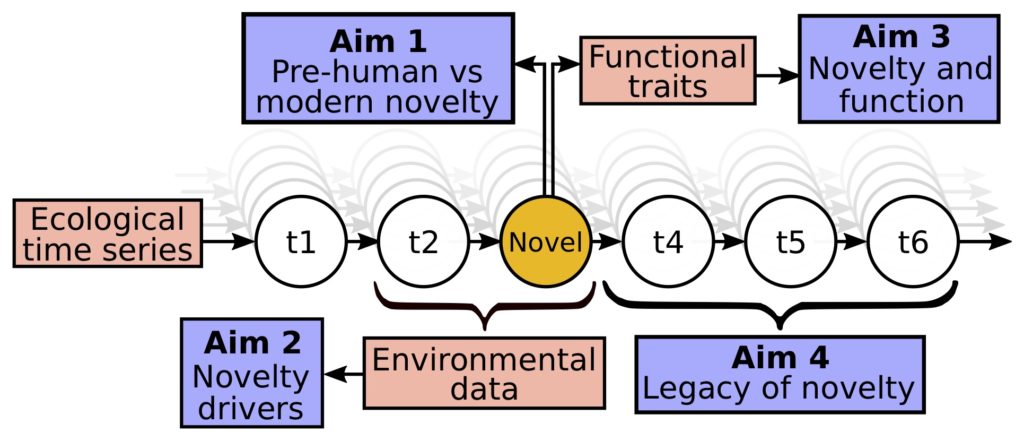
Portfolio projection of biodiversity responses under climate change
Organisms need to adapt and/or migrate to avoid critical population loss under climate change. Despite the importance of both processes in biodiversity dynamics, most biodiversity predictions focus on the patterns of migration under climate change. The type and amount of adaptation required to escape climate-driven extinction in the future remain largely unknown. This project aims to quantify the type and extent of adaptation and migration required for ecologically and economically important marine species to avoid critical population loss under climate change. By quantifying adaptive and migration responses as vulnerability metrics, the project outcomes will provide resource managers novel tools to formulate flexible management strategies.

Sustainable urban seascapes in Moreton Bay
Coastal ecosystems are remarkable natural assets, home to a range of habitats, ecosystems, and species responsible for providing an impressive array of health, social, economic, and recreational goods, and services. Furthermore, coastlines are of singular cultural importance to all coastal Indigenous communities. However, coastal environments are globally challenged by climate change and urbanization, including coastal development, terrestrial runoff, overfishing, and invasive and pathogenic species. Moreton Bay, adjacent to the heavily populated Greater Brisbane region, contains key habitats and ecosystems that are suffering from this dual impact of climate change and urbanization. Innovative science that will lead to the sustainable management of urban seascapes such as Moreton Bay is vitally needed.
The last comprehensive ecosystem assessment was over 20 years ago and led by UQ. Meanwhile, the Bay has experienced 50% increase in the urban population, major coastal development, two devastating floods, and a severe coral bleaching event (2016). Thus, Moreton Bay’s ecological, cultural, and socio-economic values face rapid decline as climate change and local anthropogenic impacts cause biodiversity loss, impairment of ecosystem functioning, and modifications of land- and seascapes. This project aims to understand coral community composition, recruitment, and physiology through space and time across Moreton Bay, with the goal of informing on sustainable management within the region.

